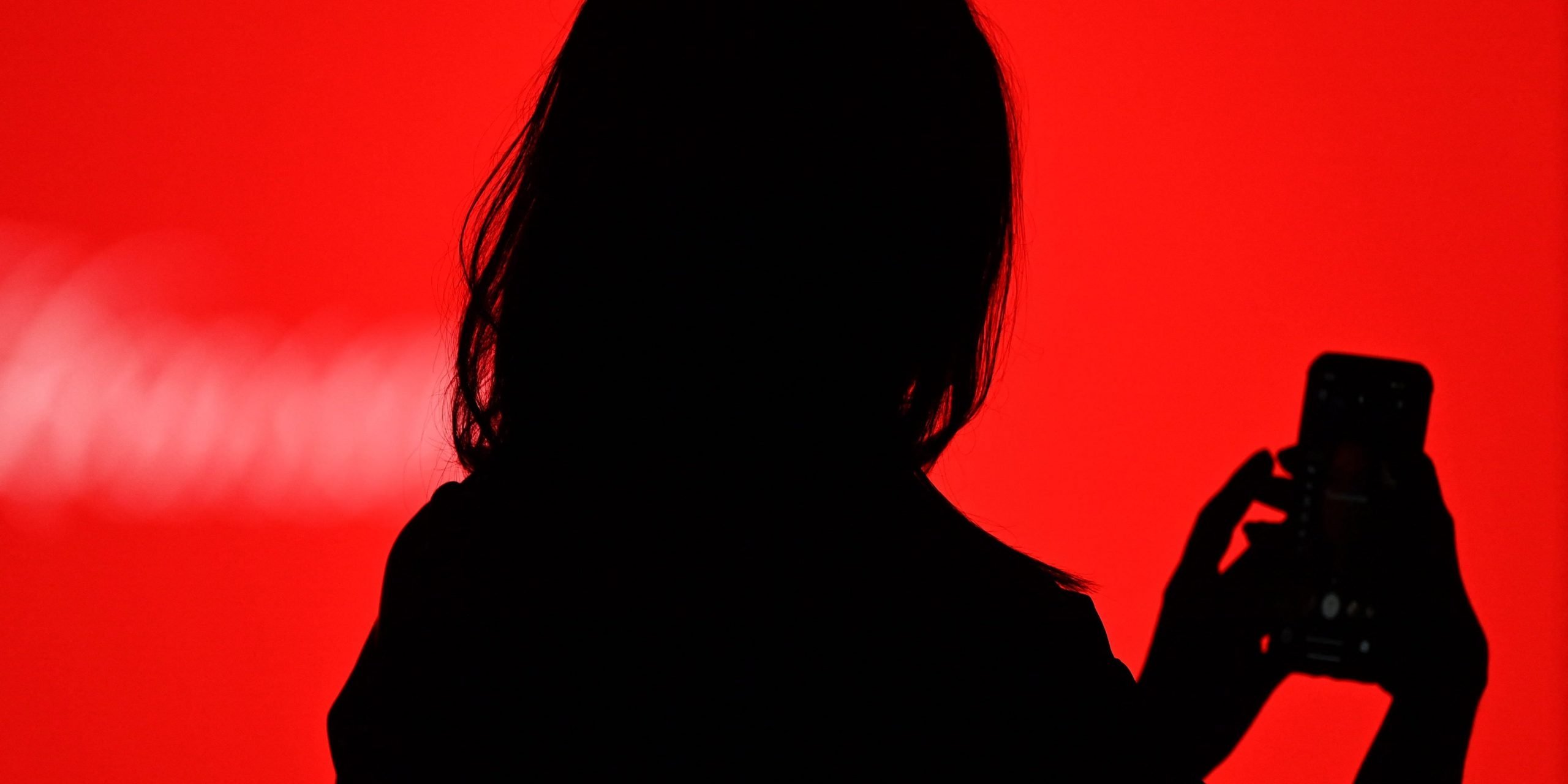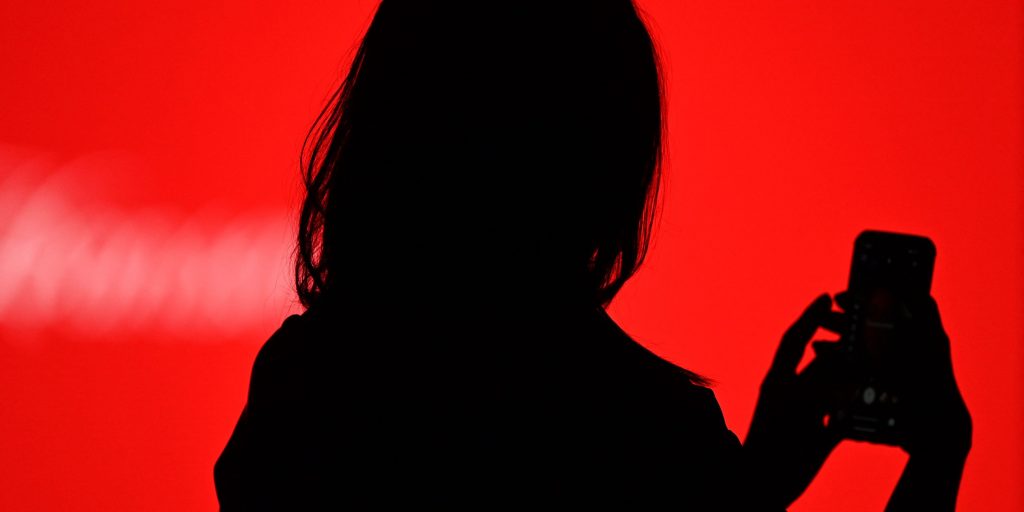
GABRIEL BOUYS/Getty Images
- US gambling helplines are reporting a sharp uptick in calls related to unhealthy day trading, according to the Financial Times.
- New Jersey's helpline has seen calls related to day trading leap almost 50% since the start of the pandemic.
- The SEC has recently taken an interest in such concerns about gamification of brokerages.
- See more stories on Insider's business page.
US gambling helplines are reporting a sharp uptick in calls related to unhealthy day trading as the SEC fixes its sights on so-called gamification, according to a Financial Times report.
New Jersey's 1-800-Gambler helpline has seen incoming calls related to day trading leap almost 50% since the start of the pandemic, Felicia Grondin, an executive on the state's compulsive gambling council, told the FT.
That trend seems to hold for the wider country, according to Keith Whyte, executive director of the National Council on Problem Gambling.
"The user experience is converging and the line between gambling and investing, which was already pretty fluid, has almost been completely erased," Whyte told the FT, adding that while compulsive gambling is often stigmatized, self-styled investors don't see themselves as gamblers.
Grondin said that playful graphics and animations that follow trades on popular brokerage apps like Robinhood and Webull signal to users' brains to keep trading.
"When you're reinforcing that activity, it starts to rewire a person's brain, and translates to habit that for some leads to addiction," she said.
But even though the addiction dynamics can be similar, Grondin emphasized that day trading helpline calls were still small relative to those about lotteries or sports betting.
The SEC has recently taken an interest in such concerns about gamification, asking for public comment ahead of potential new rulemaking.
That has garnered pushback from the likes of Robinhood CEO Vlad Tenev, who wrote in a September Wall Street Journal op-ed that the portrayal of new retail investors as ignorant gamblers was both offensive and untrue.
"Investing isn't a game, but must it be grim and difficult to understand?" Tenev wrote.
Dit artikel is oorspronkelijk verschenen op z24.nl










